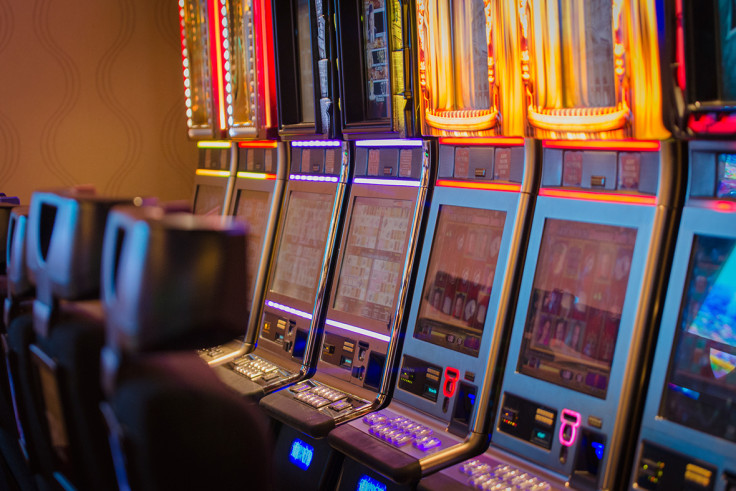Bookies hit back at 'flawed' parliamentary report on betting machines
Cross-party parliamentary report calls for maximum stake at fixed odds betting terminals to be slashed from £100 to £2.

British bookmakers have dismissed a parliamentary report on fixed odds betting terminals (FOBTs), urging the government to set up an inquiry to investigate the commission which carried out the report.
The all-party parliamentary group on FOBTs, which published a preliminary report on the subject last month, has called for the maximum stake for gambling on the electronic terminals in a bookmakers shop to be slashed from the current £100 to just £2.
"The report is the view of a tiny group of anti-betting shop MPs," said Malcolm George, chief executive of the Association of British Bookmakers.
"This group has been financed by those with interests in the casino, arcade and pub industries. We strongly believe that the Parliamentary Commissioner for Standards should urgently investigate this all-party parliamentary group.
"This group of MPs has operated in secrecy, provided no transcripts of the evidence given to their meetings and operated throughout behind closed doors away from public scrutiny."
George added that over 1,000 of betting shops were being closed each year and, if implemented, the MPs' proposal could spell the beginning of the end for the industry.
However, MPs have criticised bookmaking companies for refusing to collaborate with the inquiry, suggesting the decision hinted at an attitude of denial over the issue. They also added that bookmakers were given plenty of opportunities to submit evidence but declined to do so.
"We were disappointed that the bookmakers declined to participate and fear this is a reflection of their denial of the problems associated with FOBTs and a reluctance on their part to speak to policy makers about appropriate regulation," said the MPs' final report.
The inquiry found that the 34,809 terminals across the country have developed into the biggest source of profit for bookmakers, with a return amounting to over 50% of the industry's profits. Last year, punters lost £1.7bn on FOBTs, which provide a maximum prize money of £500, with the machines taking an average of £48,724 from gamblers.
Carolyn Harris MP, the chairwoman of the parliamentary group, dismissed the scathing attack coming from the trade body and urged the government to take action.
"There is now a clear case for the government to substantially reduce the maximum stake which can be played on FOBTs," she said.
"These machines are easily accessed in the most deprived areas, sucking money out of the pockets of families.
"I support a responsible gambling industry, but there is nothing responsible about how FOBTs are currently being operated."
Her thoughts were echoed by Sir Robin Wales, Mayor of Newham council in east London, who claimed the bookmaking industry's refusal to curb betting shops' presence on the high street was responsible for spreading gambling addiction.
"The gambling industry has consistently ignored our pleas to stop blighting our high streets with the clustering of betting shops, which bring anti-social behaviour and crime to the heart of our communities," he said.
© Copyright IBTimes 2025. All rights reserved.






















